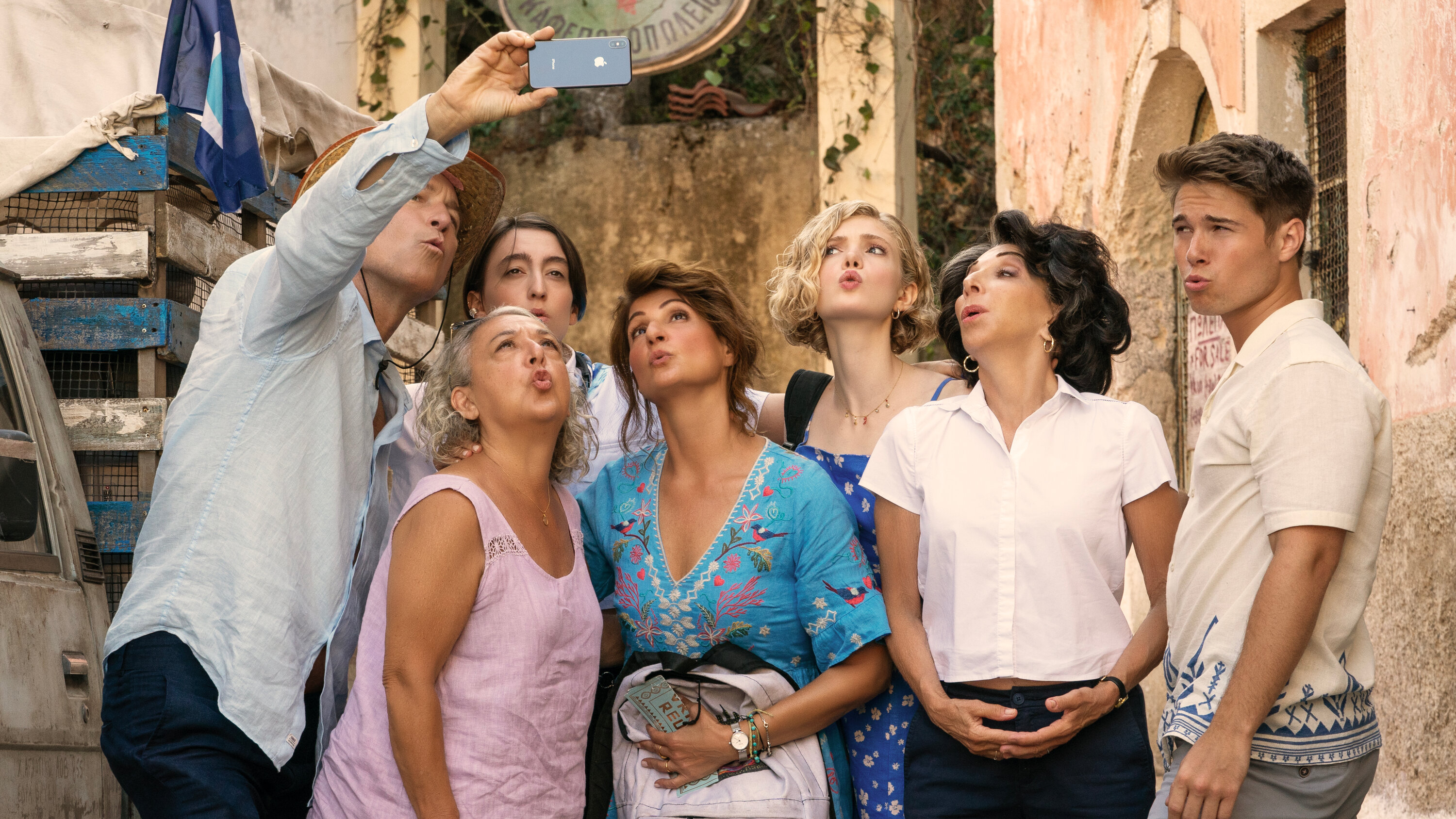History certainly repeats itself, although not always in the case of great film blockbusters. Perhaps My Big Fat Greek Wedding exceeded its audience’s expectations the second time around, but the third instalment in the romantic comedy franchise is a total and utter failure.
Despite a strong showing at the US box office in its second week, My Big Fat Greek Wedding 3 fails to capture the nostalgic essence of the original blockbuster. A weak storyline that relies on the formula of the first film, such as the union of cultures, dealing with a crazy family, overly exaggerated Greek traditions and practices one wouldn’t really expect from a westernised family, is what audiences can expect, combined with a sketchy script and bad editing. The only appealing parts of the film are the Greek scenery and the character of Aunt Voula, whose oversharing and ardent optimism are the franchise’s greatest strengths.
The first instalment of My Big Fat Greek Wedding was released in 2002 and became an unprecedented box office success, ranking among the best and highest-grossing romantic comedies of all time. Nia Vardalos, who wrote the script based on her own experiences, received an Oscar nomination for Original Screenplay, as well as a Golden Globe nomination for Best Actress. Vardalos agreed to develop a sitcom based on the success of the film, but the series My Big Fat Greek Life fell flat and was eventually cancelled.
Despite having Hollywood A-lister Tom Hanks as its producer, My Big Fat Greek Wedding was independently financed and lacked any substantial marketing that might have made a financial impact. However, as the film’s screening expanded to more areas, the average gross was supposed to decrease, instead it did the exact opposite. My Big Fat Greek Wedding was performing better than any arthouse title and was on its way to becoming a mainstream smash.
The average Hollywood film lasts approximately 12 weekends in theatres, whereas My Big Fat Greek Wedding lasted 50. Once the dust settled and the picture was pulled from theatres, the film had grossed $241.4 million in North America alone, and all from a $5 million budget. It was the highest-grossing romantic comedy in history, as well as the first to cross the $200 million mark in North America. This small independent feature has become a titan in the realm of romantic comedies, and it has remained there for the past 20 years.
So, what was the key to the film’s success? My Big Fat Greek Wedding benefited from something that no movie company, big or small, could buy or control: word of mouth. The film struck a chord with the global Hellenic community, as well as many other cultures, who not only related with the narrative, but also wanted to tell their friends about it while seeing it numerous times themselves.
When Vardalos and her eccentric Greek family were reunited for another wedding in the 2016 comedy sequel My Big Fat Greek Wedding 2, it struck a chord with a wide range of moviegoers, despite the picture being plotted like a sitcom and the script being a mess.
However, the third instalment is a disappointment. My Big Fat Greek Wedding 3 is nothing more than laboured laughter, clichéd settings, glossed-over conflicts, and lost connections.
Which leads me to the point of this column: sequels. Can sequels measure up to the original film in the franchise? Could it be that certain creative ideas are difficult to build on? Is the audience to blame for creating a level of hype that cannot be matched?
I’m not suggesting there aren’t any good sequels out there. There have been several outstanding follow-ups such as The Godfather, Lord of the Rings, Star Wars, the entire James Bond franchise, and more recently, Top Gun: Maverick that have matched or even surpassed the first.
However, in this case, My Big Fat Greek Wedding 3 has lost almost everything from the previous film that made it entertaining.
How often have you been lured into a sequel after watching a great movie only to be left disappointed?







Click here to change your cookie preferences